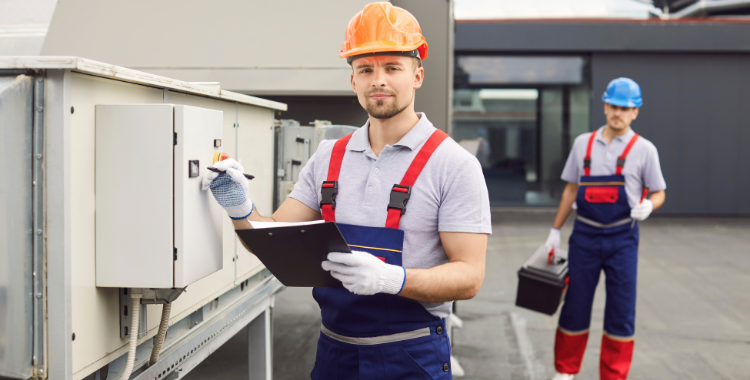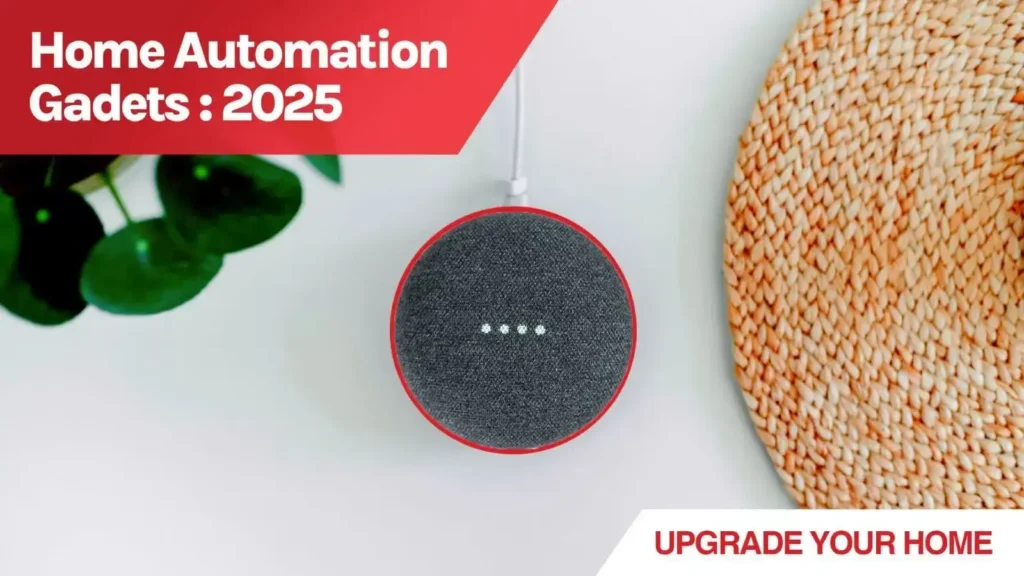
In today’s world, integrated security systems have become essential for protecting people, property, and data. These systems bring together various technologies such as video surveillance, access control, alarms, communication networks, and automation. They create a unified, reliable setup that can be managed efficiently. One of the most critical components of such setups is the Extra Low Voltage (ELV) system.
While they don’t control primary electrical power, ELV systems form the backbone of modern smart infrastructure by enabling essential services such as security, communication, automation, and networking.
If you are building or upgrading a property in Dubai, understanding ELV systems is key to ensuring smooth operations, improved safety, and better efficiency. In this guide, we’ll walk you through everything you need to know about ELV systems.
Table of Contents
What is an ELV System?
An ELV system is a collection of technologies and subsystems that work on extra-low voltage electrical signals. These systems manage a wide range of functions, including surveillance cameras, communication networks, access control, and alarm systems.
They are often managed separately from the main power systems and are vital in both residential and commercial setups. ELV systems ensure that digital communication, security, and automation infrastructure function seamlessly within both living and working environments.
Why ELV Systems Matter in Modern Buildings
In today’s smart building environments, Extra Low Voltage systems are not a luxury they are a necessity. They enable:
- Secure entry and exit to buildings
- 24/7 video monitoring and surveillance
- Fast and reliable data and voice communication
- Remote control of lighting, HVAC, and appliances
- Protection from intrusions and unauthorized access
These systems enhance both operational and security standards whether you need for your commercial offices, retail spaces, residential towers, or a villas.
Key Components of ELV Systems
An ELV solution is typically made up of multiple sub-systems. Let’s look at the most common ones:
1. CCTV Surveillance
One of the most popular ELV subsystems, CCTV cameras are used to monitor and record activity. You can learn more about it on our CCTV installation service page to explore how we secure your property with advanced surveillance.
2. Structured Cabling
Structured cabling forms the backbone of ELV infrastructure. It supports voice, video, data, and building management systems. Explore our structured cabling services in Dubai for a complete network solution.
3. Access Control Systems
Access control helps in regulating and monitoring entry to certain areas using cards, biometrics, or keypad systems. See our door access control system solutions in Dubai for reliable security integrations.
4. PABX & Intercom Systems
For internal and external voice communication, PABX systems are widely used. These connect multiple telephone units within a building. Read more about our PABX system installation services for streamlined communication.
5. Home Automation
Home automation, another ELV subsystem, allows control over lighting, climate, entertainment, and appliances. Our smart home automation systems bring comfort and energy savings under your control.
6. Wi-Fi and Networking
Reliable internet is fundamental today. ELV systems support Wi-Fi infrastructure across residential and commercial setups. Visit our Wi-Fi installation services in Dubai for seamless connectivity.
7. Intruder Alarm Systems
Intruder alarms detect and prevent unauthorized access to property. These systems can trigger alerts and notifications instantly. Check our intruder alarm installation service to improve your building’s security.
Benefits of Using ELV Systems
Investing in Extra Low Voltage (ELV) systems brings significant long-term advantages for both residential and commercial properties. These systems not only improve functionality but also enhance safety, efficiency, and future readiness.
- Enhanced Safety
ELV systems operate at a lower voltage, significantly reducing the risk of electrical shocks, short circuits, and fire hazards. This makes them especially suitable for environments where safety is a top priority, such as schools, hospitals, and high-traffic commercial buildings.
- Energy Efficiency & Cost Savings
Because they consume less power, ELV systems contribute to lower electricity bills. Additionally, they require minimal maintenance, reducing long-term operational costs. This makes them a smart financial investment for any property owner or facility manager.
- Smart Integration Capabilities
ELV systems are designed to work seamlessly with smart home devices and building automation platforms. This allows for greater control over lighting, HVAC, security, and communication systems.
- Scalability and Flexibility
One of the major advantages of ELV infrastructure is its ability to scale. As your business or residential needs expand, these systems can be easily upgraded or extended without a complete overhaul of existing infrastructure.
- Centralized System Management
With ELV, multiple subsystems like CCTV, access control, fire alarms, and communication lines can be monitored and controlled from a single control center. This centralization improves response time, enhances user convenience, and streamlines facility operations.
Where ELV Systems Are Commonly Used
ELV systems are widely implemented across various sectors due to their reliability and adaptability. In commercial offices and residential buildings, they support secure communication, surveillance, and automation. Hotels, resorts, and retail stores use ELV systems to enhance guest experience and ensure safety.
Educational institutions benefit from integrated alarms and access control, while hospitals and clinics rely on these systems for patient monitoring and emergency response. Even warehouses and industrial plants use ELV infrastructure for efficient operations, asset protection, and centralized control.
Each property type requires a custom ELV setup based on size, function, and operational needs.
ELV System Standards in Dubai
In Dubai, ELV systems must comply with regulations issued by Dubai Municipality, DCD (Dubai Civil Defence), and Etisalat / DU for telecom-related integrations. It’s essential to work with certified integrators who understand local building codes and industry standards.
How to Choose the Right ELV System Integrator in Dubai
Choosing the right provider ensures smooth implementation, ongoing support, and compliance with safety norms. SEFA, one of the leading ELV system integrators in Dubai, delivers customized solutions for all types of properties. With a dedicated team, we provide:
- Site inspection and consultation
- System design and planning
- Installation and testing
- Post-installation support and upgrades
We focus on quality, reliability, and long-term support so your property stays secure and future-ready.
Final Thoughts
ELV systems are no longer optional in modern infrastructure as they’re a fundamental part of smart, safe, and connected buildings. Whether you’re setting up a new property or upgrading an existing one, investing in a well-integrated ELV system will add value, convenience, and peace of mind.
For expert guidance, feel free to contact us at +971 4 397 9912 or email us at office@sefa.ae. Let’s build safer, smarter spaces together.


